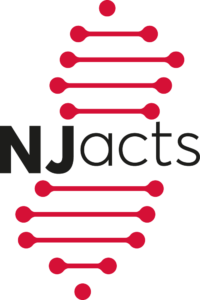 Please read Dr. Yang’s article in Allergy titled, “Adventitial stromal cells and myofibroblasts recruit pro- and anti-inflammatory immune cells in allergic airway inflammation.“
Please read Dr. Yang’s article in Allergy titled, “Adventitial stromal cells and myofibroblasts recruit pro- and anti-inflammatory immune cells in allergic airway inflammation.“
Allergic asthma is characterized by airway inflammation and bronchial hyperresponsiveness. Mechanisms underlying the infiltration of various pro-inflammatory and anti-inflammatory immune cells in allergic airway inflammation remain poorly understood. Mesenchymal cells provide the microenvironmental niches for immune cells in tissue. We therefore performed scRNA-seq to examine pulmonary mesenchymal cells in a mouse model of HDM-induced allergic airway inflammation. Interestingly, intranasal exposure to HDM induces the expression of many chemokine genes in mesenchymal cells, including neutrophil attractant Cxcl1/2, interferon-stimulated gene Cxcl10, CCR2 ligands Ccl2 and Ccl7, and others. Notably, adventitial stromal cells (ASCs) and a subset of myofibroblasts termed Mf-a were the main mesenchymal cell subsets that expressed all these chemokines, suggesting that aberrant activities of ASCs and Mf-a denote allergic airway inflammation. To read the full article.
Adventitial stromal cells and myofibroblasts recruit pro- and anti-inflammatory immune cells in allergic airway inflammation. Xu E, Cao G, Yang Z, Zhang Y, Si Y, Singh K, Jude J, An SS, Koziol-White CJ, Panettieri RA Jr, Yang Q. 2023 Nov;78(11):2994-2997. PMID: 37171245 PMCID: PMC10640656 DOI: 10.1111/all.15766
